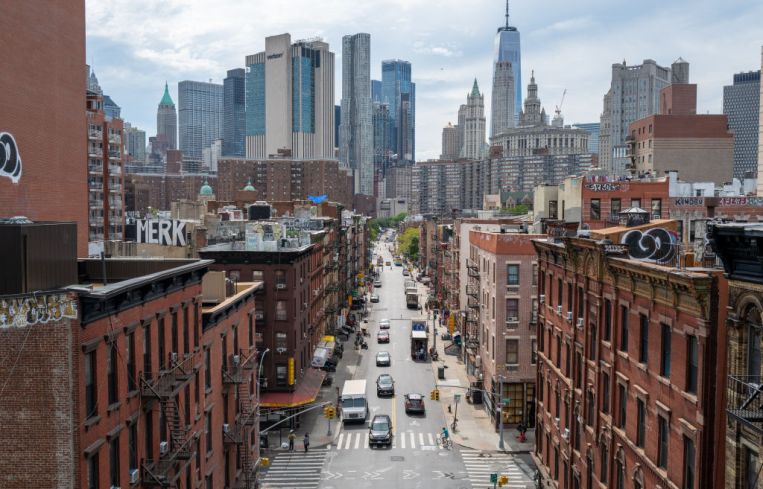Rent Guidelines Board Proposes Hiking Rents Up to 7 Percent for Stabilized Apartments
By Celia Young May 3, 2023 11:25 am
reprints
Tenants in rent-stabilized apartments could see rent increases as high as 7 percent for two-year leases, after New York City’s Rent Guidelines Board (RGB) initially voted for the changes at a chaotic Tuesday night meeting.
The board approved a 2 to 5 percent increase for one-year leases and a 4 to 7 percent increase for two-year leases in a 5-to-4 preliminary vote as protesters and New York City Council members booed.
The hikes would impact nearly 1 million rent-stabilized apartments starting after Oct. 1 if the increases are approved on a final vote June 21.
Tuesday’s vote represents the second year in a row the RGB has rubber-stamped rent hikes. The board approved the biggest increase in nearly a decade last year with a 3.25 percent uptick in rent for one-year leases and a 5 percent raise for two-year leases.
While the proposed increases are far less than the 15.75 percent raise for two-year leases the RGB discussed in April, Mayor Eric Adams said the preliminary numbers are “beyond what renters can afford” and are not “appropriate” for this year.
“I recognize that property owners face growing challenges maintaining their buildings and accessing financing to make repairs,” Adams said in a statement. “At the same time, we simply cannot put tenants in a position where they can’t afford to make rent.”
But the Real Estate Board of New York argued in April that the RGB needs to consider the rising cost of maintaining rental housing. Fuel prices shot up on average 40 percent and insurance has risen 53 percent since 2019, cutting into landlords’ profits, according to REBNY’s April testimony. And a March RGB report found that owners’ net operating income dropped 9.1 percent from 2020 to 2021.
Thanks to those higher expenses, the proposed increases do “not come close to covering the rising costs” owners are seeing at rent-stabilized buildings, said Jay Martin, the executive director of landlord group Community Housing Improvement Program.
“Even the highest end of these ranges will not put a penny in rent-stabilized building owners’ pockets,” Martin said in a statement. “Every single cent of the proposed rent adjustment will go to property tax payments, maintenance, skyrocketing insurance, and mandatory upgrades to buildings.”
Rent-stabilized apartments house roughly 2 million people in the city and make up around 44 percent of the city’s rental units. On average, tenants who live in them make $44,000 per year and pay $1,400 a month, 20 percent less than tenants in unregulated apartments, the New York Times reported.
Celia Young can be reached at cyoung@commercialobserver.com.



